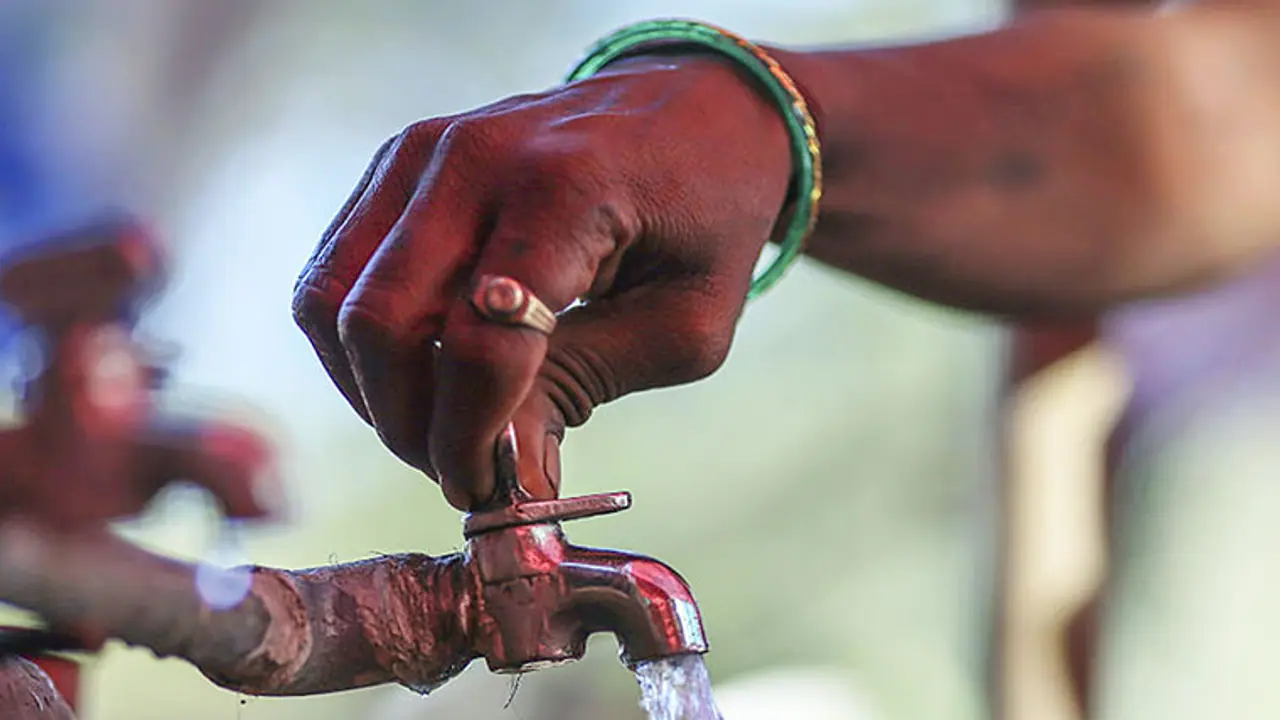The BWSSB has claimed it cannot account for half the city's water supply. No strict initiative has been taken to stop water that is being utilised unaccountably.
Several interesting aspects have emerged during the ongoing legal battle between Tamil Nadu and Karnataka for the sharing of Cauvery River water.

Among such facts, a startling on to arise is the Bangalore Water Supply, and Sewerage Board's (BWSSB) claim that it was no account for some 46% of water usage in the city.
The fact put forward by the BWSSB, was among a series of contentions the city made when its water consumption was taken to task by Tamil Nadu. Tamil Nadu questioned the city's usage of Cauvery water since some one-third of Bengaluru does not come with the Cauvery basin.
This unaccountability of water usage has become a serious issue currently as Karnataka is feuding with Tamil Nadu over every drop of Cauvery water. Though officers of the BWSS have stated that they do not know where half the city's water supply goes, no strict initiative has been taken to stop water that is being utilised unaccountably.
Bengaluru consumes around 1400 MLD (Million Litres per Day) of water from the Cauvery basin. Minister KJ George has instructed the BWSSB officers to check the flow of water being utilised 'mysteriously'.
As per the statistics of the WHO (World Health Organization) every person living in urban areas uses 150 litres of water per day. But Bengaluru citizens, on an average, are availing just 80 litres of water per day.
But that is not the whole truth. Some prime areas of Bengaluru like Jayanagar, Sadashivanagara, Koramangala, etc. are availing 300 LPCD (Litres per Capita per Day) while some other sectors are getting just 30 LPCD of water.
Reasons for unaccountability:
- Taps of home/commercial/public usage are fixed unscientifically, causing 75% of the wastage.
- Excess water supply.
- Lack of awareness of rainwater harvesting and scientific management of water.
What can be done?
- Discovering the root cause of the leakage.
- Creating awareness in public about water conservation.
- Creating awareness in students by introducing water preservation in textbooks.
“The inability of our officers is the main cause for this wastage of water. They should listen to the suggestions of experts and adopt it," says Basavaraju, a retired engineer, BWSSB.
